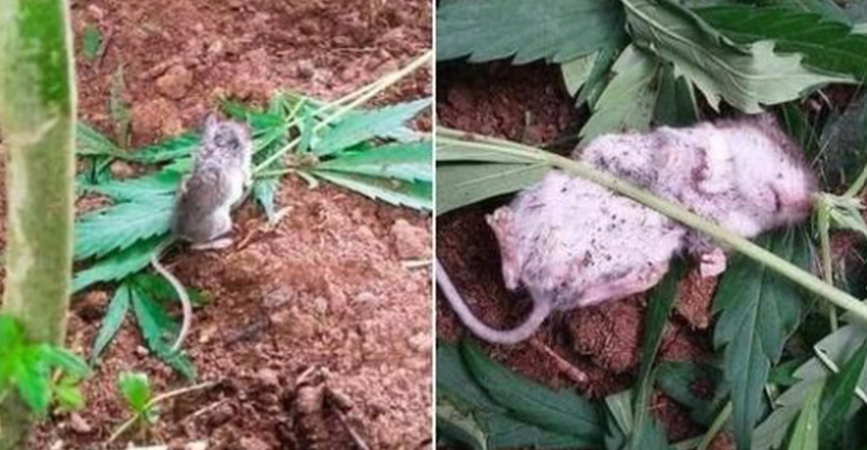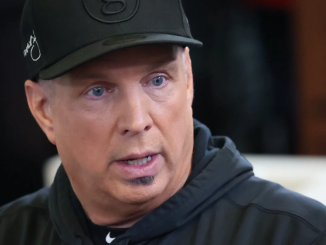
Farmers often face challenges from pests like rodents and insects that threaten their crops and spread diseases. In an amusing incident in New Brunswick, Canada, a mouse was found in a cannabis field, appearing “stoned” and passed out on a pile of leaves.
Colin Sullivan spotted the mouse raiding his garden for two consecutive days and shared pictures of the little critter enjoying the leaves before it succumbed. Eventually, the mouse was discovered lying on its back, seemingly unwell.
Sullivan decided to care for the mouse, placing it in a cage to help it recover. After six days, the mouse was healthy enough to return to the wild. Sullivan humorously recounted the experience on Facebook, saying: “I watched this little rascal munch on my plants until he dozed off”. He also noted that the mouse, missing one ear, might have been trying to cope with some stress, prompting him to intervene and provide a safe space for recovery.
Sullivan updated his followers about the mouse’s condition, stating it had a rough time but was gradually getting better, now eating just one leaf a day. “One day at a time”, he advised. When the mouse was finally released from “rehab”, Sullivan celebrated its recovery with a playful post titled “On The Rodent To Redemption”, highlighting the mouse’s journey and the importance of supporting those in recovery.

His posts garnered massive attention, with the first receiving over 461,000 shares and the follow-up accumulating more than 6,400 shares and 1,500 comments filled with jokes and encouragement. Commenters expressed their delight in the mouse’s recovery, with one suggesting that it might have experienced a wild adventure, while another thanked Sullivan for caring for the little creature.
Sullivan, who has personal experience with substance detox, dedicated a heartfelt message to his wife, Robyn, crediting her support for his long-term sobriety. Many people who initially came for the story of the mouse found themselves inspired by Sullivan’s message of hope and recovery. Cannabis became legal in Canada in 2018, with each province, including New Brunswick, establishing its own regulations.
The New Brunswick government emphasizes creating a responsible culture around cannabis use, educating the public on health implications, and reaping the economic benefits of the industry. In this province, individuals must be 19 or older to consume cannabis, and possession is limited to 30 grams. Public consumption is prohibited, and landlords can restrict tenants from smoking or growing cannabis, although they cannot prohibit cannabis use if tobacco smoking is allowed. It’s essential for New Brunswick residents to understand the risks of cannabis use to make informed decisions.
I recently spent $6,500 on this registered Black Angus bull.

I recently bought this certified Black Angus bull for $6,500.
He would not even look at a cow when I let him out with the herd; instead, he would just eat grass.
That bull was starting to look like more than I had paid for him. In any case, I asked the veterinarian to examine him.
The bull, he observed, was maybe a touch young, but otherwise in excellent health.
I was given certain medications by him to give him once a day.
In just two days, the bull began tending to all of my cows! He even managed to go beyond the fence and mated with every cow owned by my neighbor!
He resembles a machine. I’m not sure what was in the tablets that the veterinarian gave him. Nonetheless, they have a peppermint-like flavor.



Leave a Reply